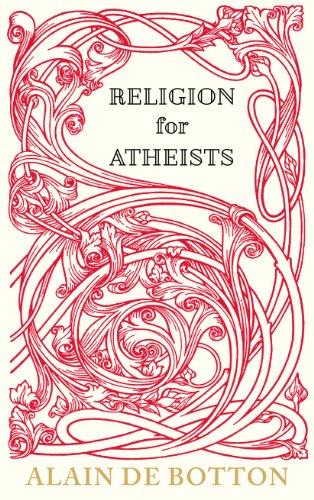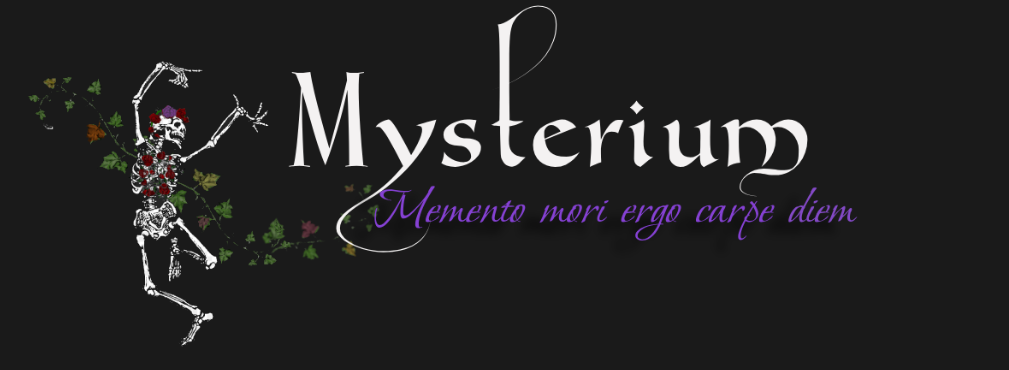
Social philosopher Alain De Botton’s essential argument is stated in his final line – “Religions are intermittently too useful, effective and intelligent to be left to the religious alone”.
The first two-thirds of “Religion for Atheists” demonstrate the strength of that position via examples drawn from many spheres, persuading the reader how – having been, crucially, divorced from superstition and supernaturalism – the traditional mechanisms of religion might succeed in improving the world and the lives of individual humans, in ways that generations of secular educational, political, cultural and other institutions have largely failed to achieve, or at least to achieve consistently.
During the final third or so, the author allows himself some flights of imagination in describing how such a religio-cultural sea change might take place, and what it might look like. His own work in co-establishing the international School of Life offers a directly practical example of this process in action. Among these provocations are the notion of re-organizing museums to serve as true “secular churches” by arranging their displays according to philosophical themes rather than traditionally academic taxonomies, so that a visitor might progress through galleries devoted to Love, Death, The Contemplation of Nature and so-on.
There’s much to consider here for those intrigued by the potentials of non-theistic religion and “Atheism 2.0”.
